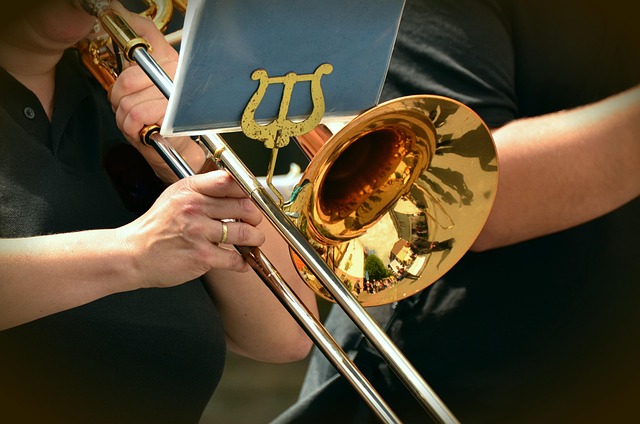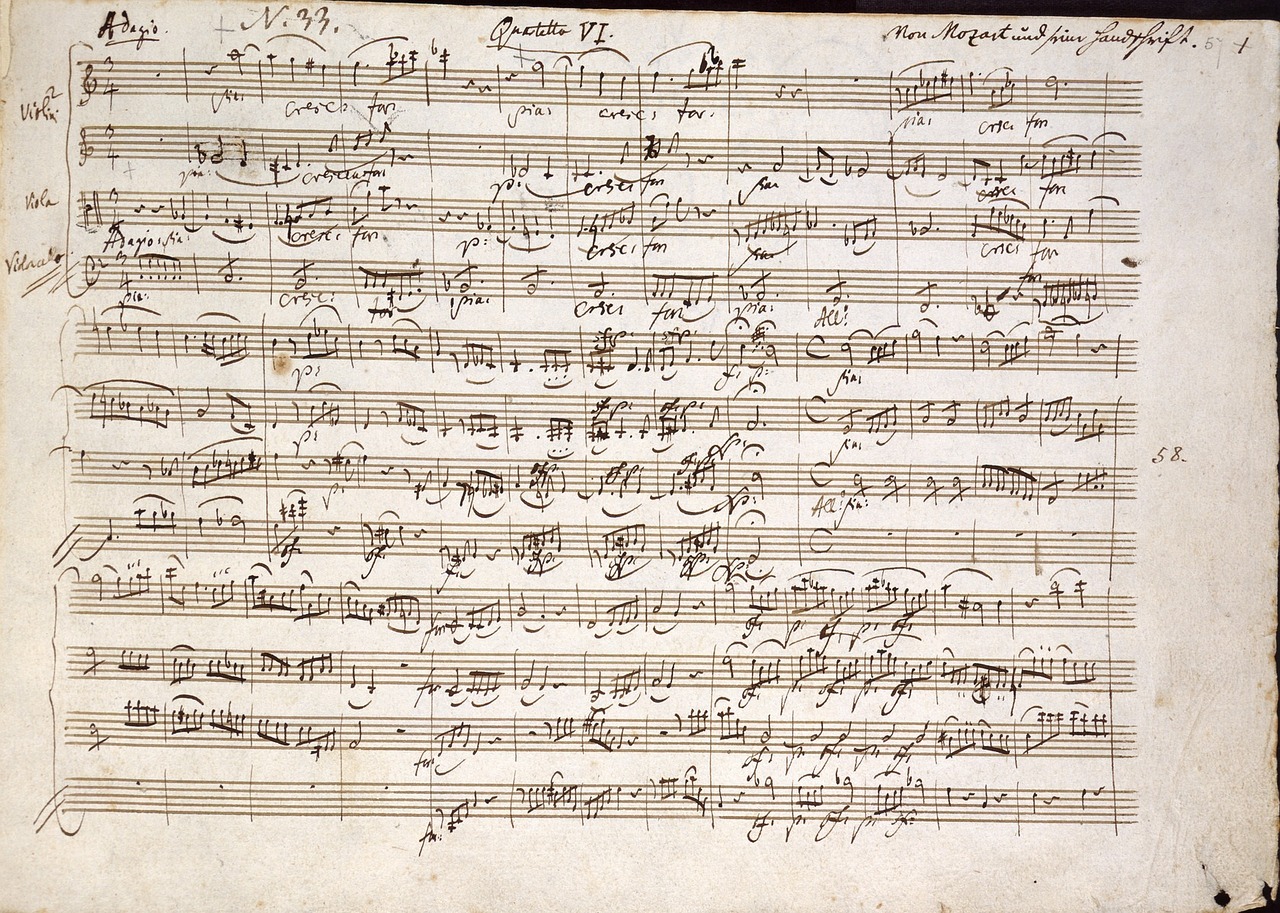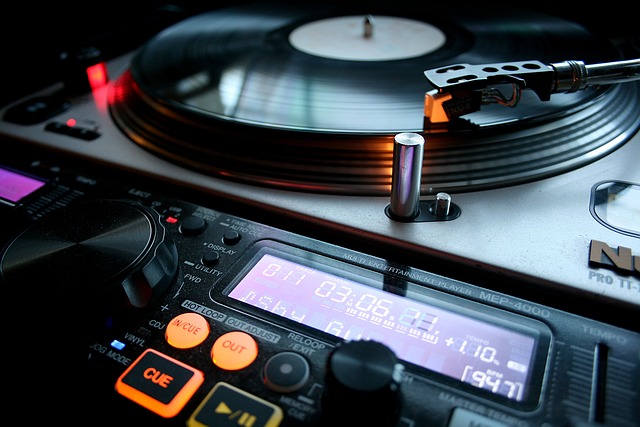【Music】Article four: 'Digital music and critical music literacy'
The Society of Music Analysis report indicated that digital music often sits uncomfortably within a curriculum where the main focus is on the non-digi... [more]
The Society of Music Analysis report indicated that digital music often sits uncomfortably within a curriculum where the main focus is on the non-digi... [more]
Music teacher identity is constructed at the intersection between musician and teacher. This study investigated the meaning of music-making among Kore... [more]
The neonatal intensive care unit (NICU) is a stressful environment for both families and caregivers. Positive distraction is a means of mitigating stress. A review of research reveals that several factors in the physical environment can contribute to posi
Various researchers over the past decades have established that verbal behaviour constitutes a substantial portion of total instruction time in music. The use of metaphor in these educational practices and the supporting music literature is rich and frequ

The purpose of the study was to examine the effect of teacher experience on student progress and performance quality in an introductory applied lesson. Nine experienced teachers and 15 pre-service teachers taught an adult beginner to play 'Mary Had a Lit
In this letter, we consider how to combine neuronal signals from multiple electrodes to optimally predict behavioral choices from observed neural activity. The predictability is often quantified by the area under the receiver operating characteristic (ROC
While most internationally known Indian musicians have ventured into fusion, many have felt limitations, for indigenous musical values and principles tend to be altered or ignored in spirit of collaboration. Chitravina N. Ravikiran has proposed a concept
We present a new method for establishing an alignment between a polyphonic musical score and a corresponding sampled audio performance. The method uses a graphical model containing both latent discrete variables, corresponding to score position, as well a
This paper concerns the use of Information and Communications Technology (ICT) in music classrooms, with the focus on the secondary school music curriculum in the United Kingdom. In particular, it reports on a study of learners in a UK school using softwa

Objective: The study investigated the influence Mozart's music has on brain activity in the process of learning. A second objective was to test Rauscher et al.'s (1993) priming explanation of the Mozart effect. Methods: In Experiment I individuals were
We present an algorithm that predicts musical genre and artist from an audio waveform. Our method uses the ensemble learner ADABOOST to select from a set of audio features that have been extracted from segmented audio and then aggregated. Our classifier p
Listening preferences for two pieces, Prelude and Forlane from Le tombeau de Couperin by Maurice Ravel (1875-1937), were assessed in two experiments conducted with 8-month-old infants, using the Headturn Preference Procedure (HPP). Experiment 1 showed tha
Purpose. This paper presents a case report of collaborative work between speech and language therapy (SLT) and music therapy (MT) in the case of an individual presenting with complex communication difficulties and lability caused by pseudo-Parkinsonian va
In a newborn imitation paradigm, an auditory stimulus - music - replaced the standard adult behavioral model. Alternating intervals of music and silence affected 4-week-old infants' rates of tongue protruding-evidence that tongue protruding is a general

The purpose of this article is to offer readers and clinicians a general understanding of the relevance of hip-hop in social work and empowerment practice with many clients of ethnic and cultural backgrounds who are from urban settings. The type of analys
Research studies of 'audioanalgesia', the ability of music to affect pain perception, have significantly increased in number during the past two decades. Listening to preferred music in particular may provide an emotionally engaging distraction capable
The multiple signal classification (MUSIC) frequency estimator is a suboptimal method for estimating the frequencies of multiple sinusoids buried in white noise and has a threshold of around 14 dB for the well-known two-sinusoid example (equal amplitudes